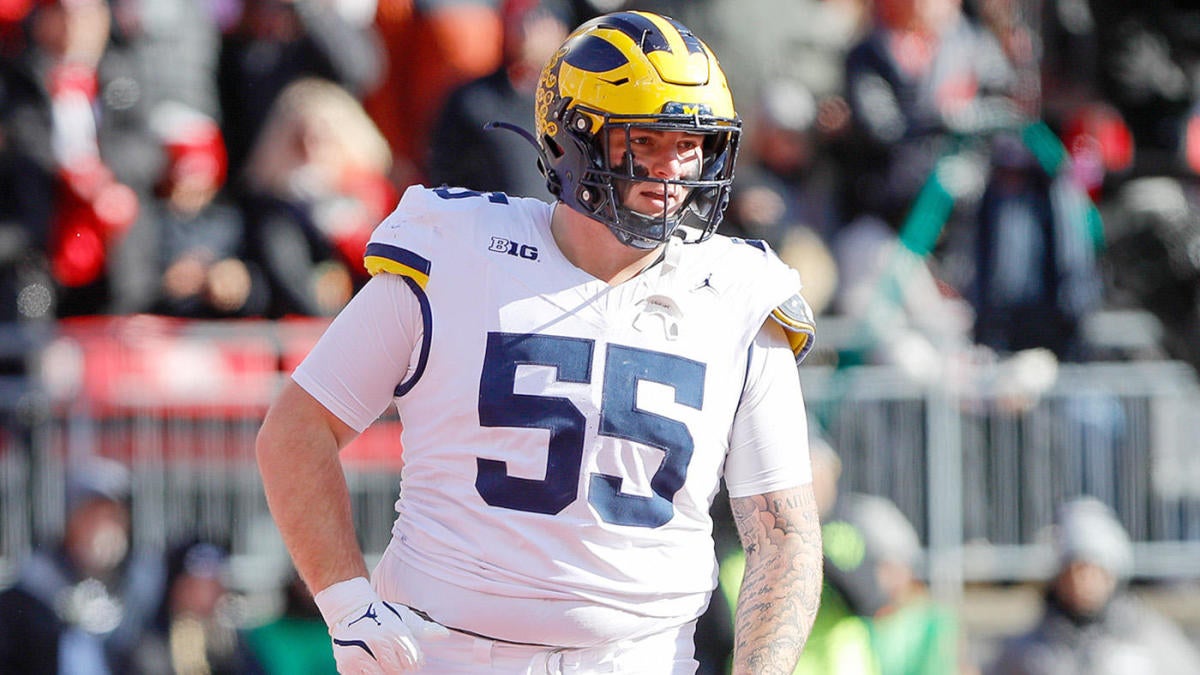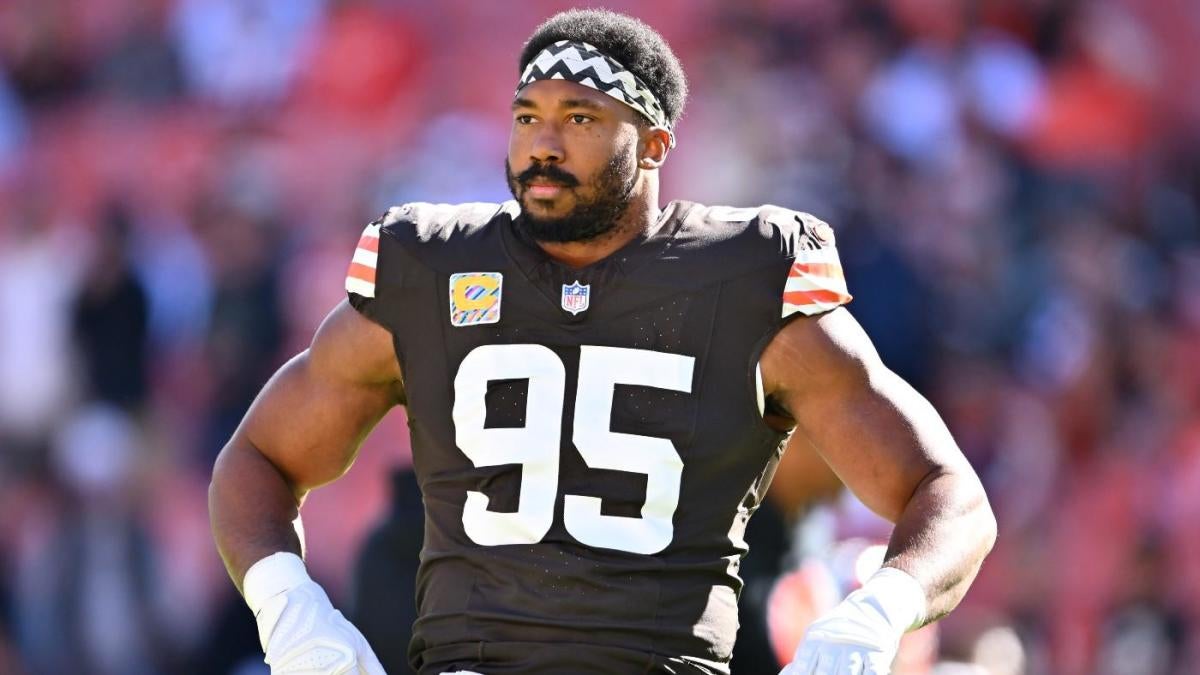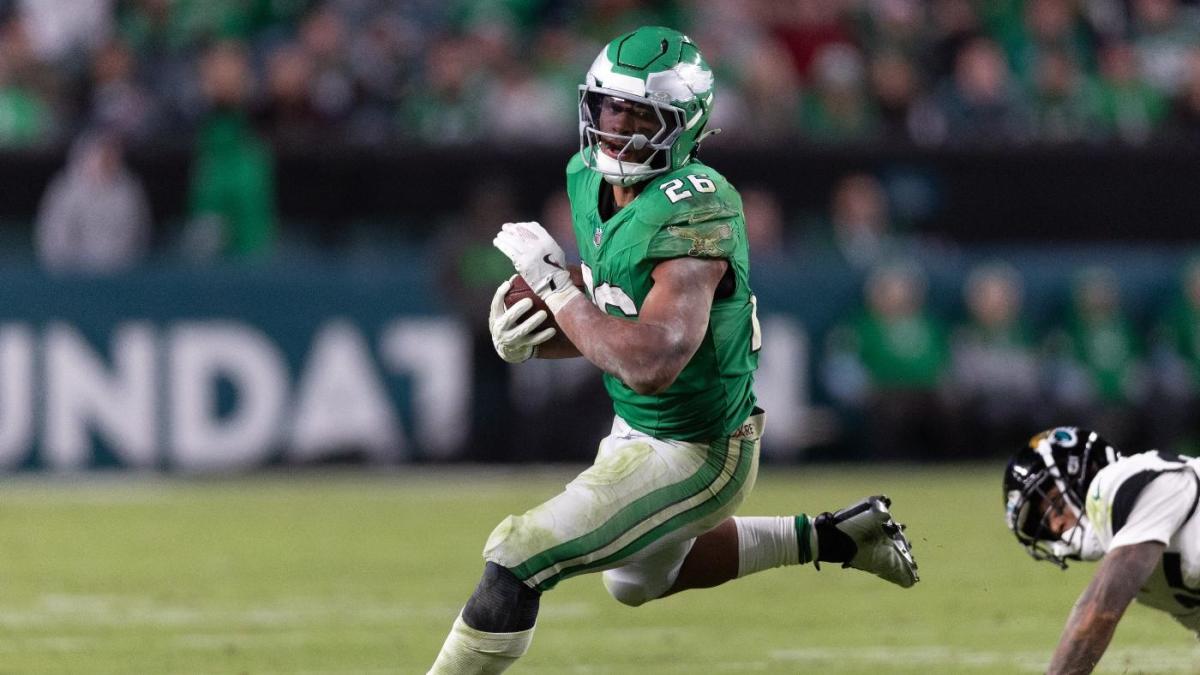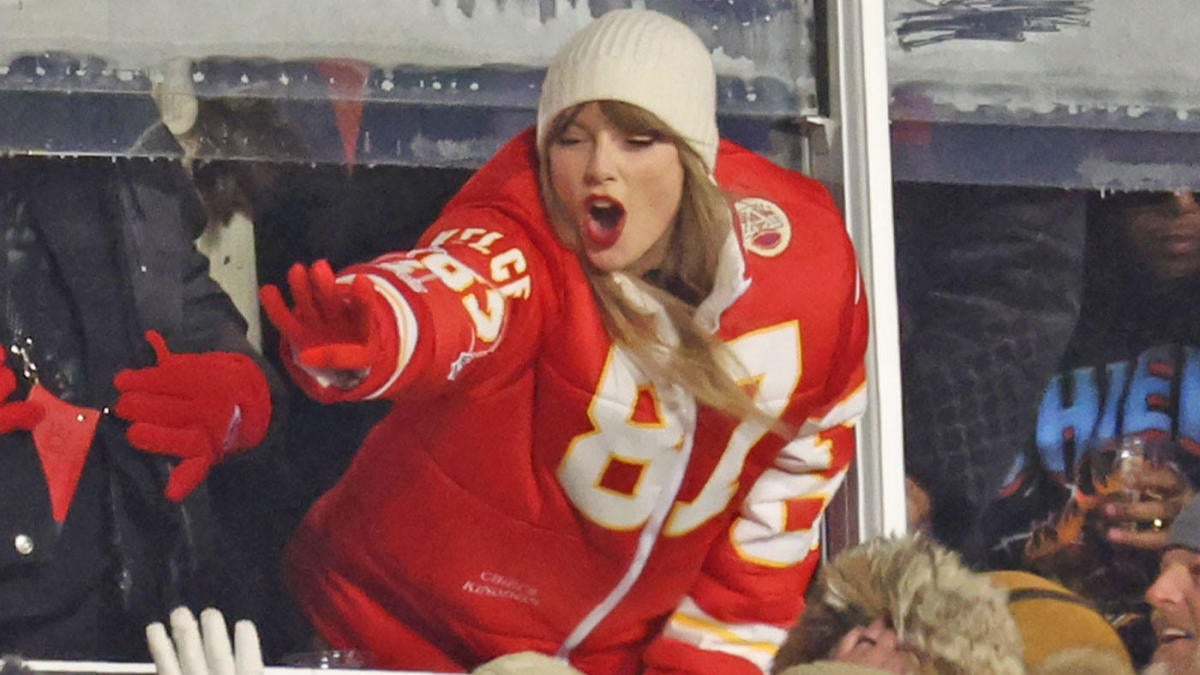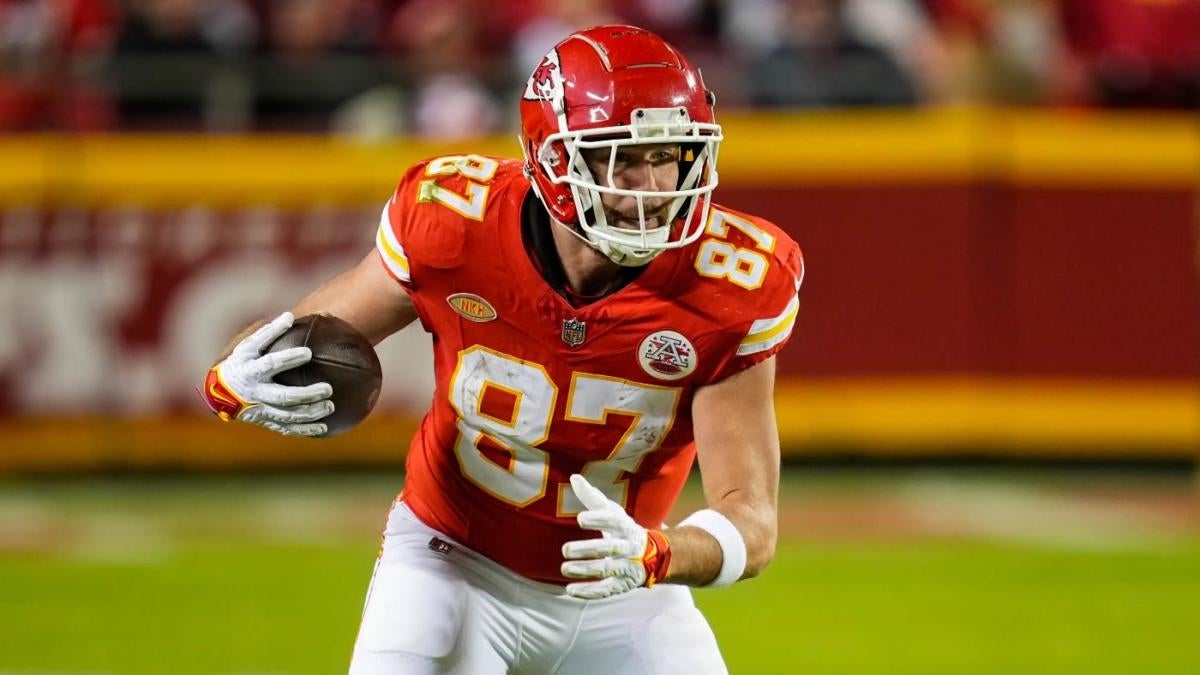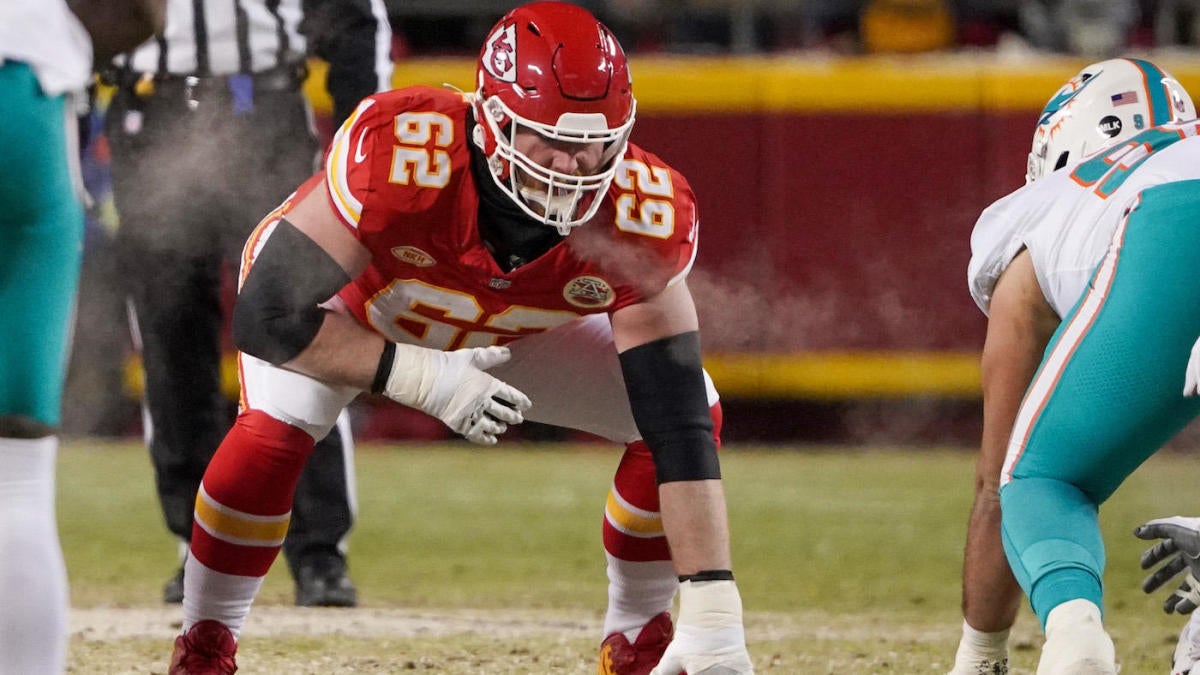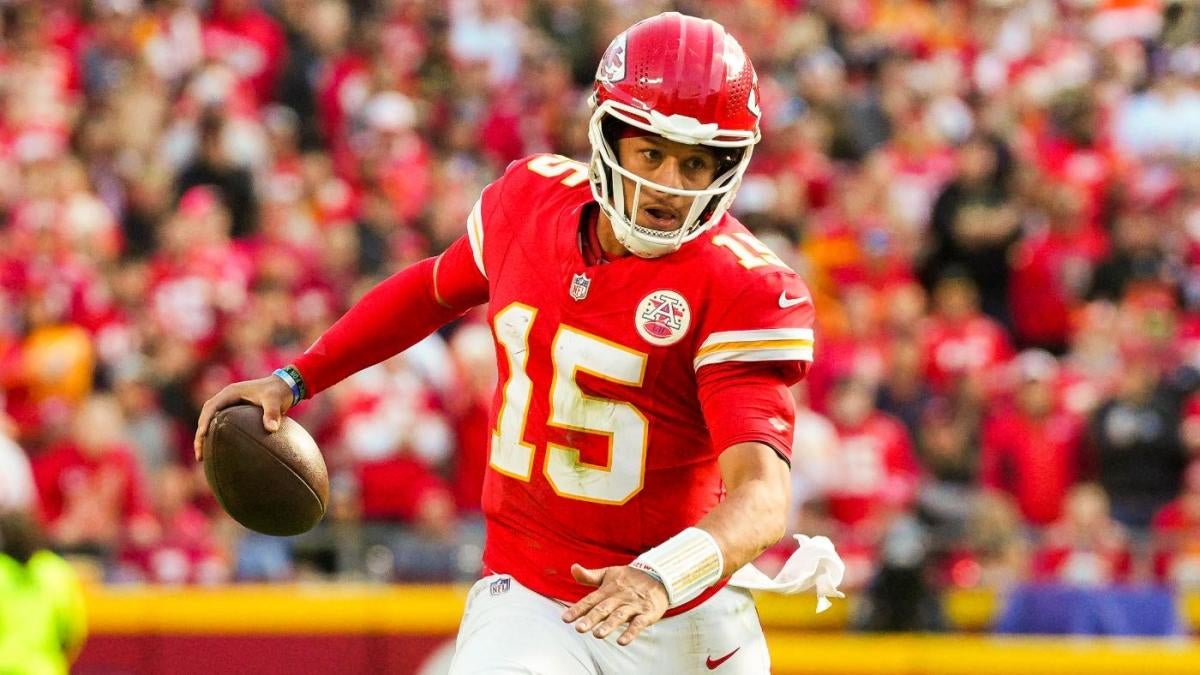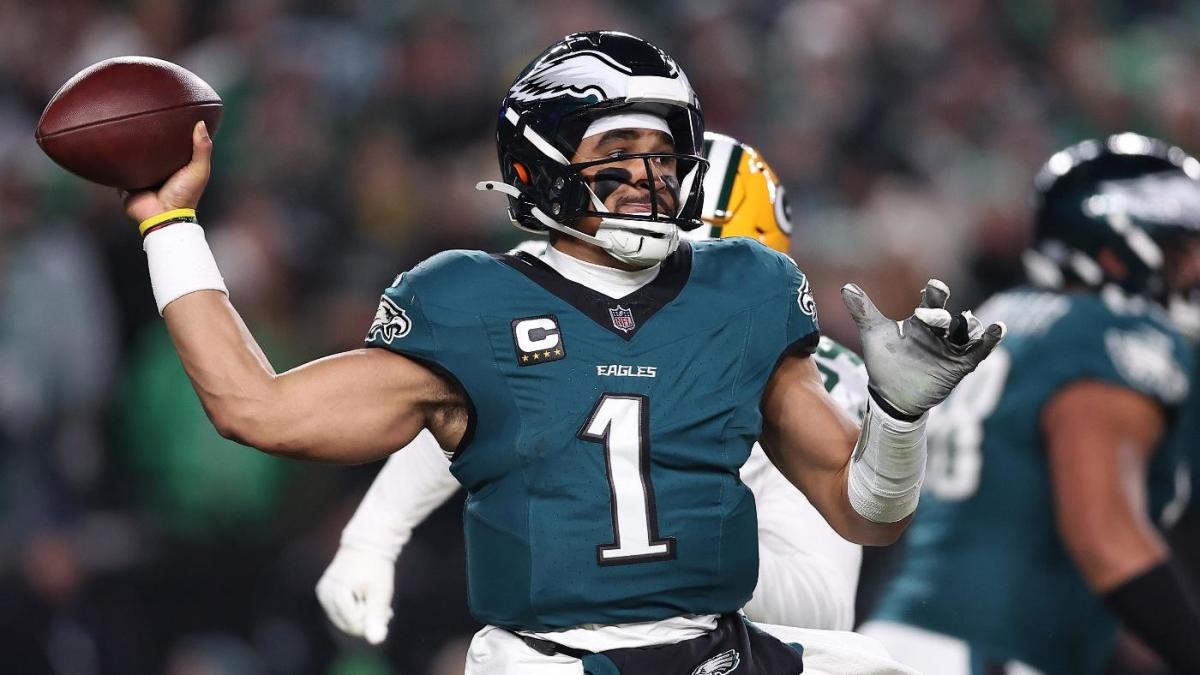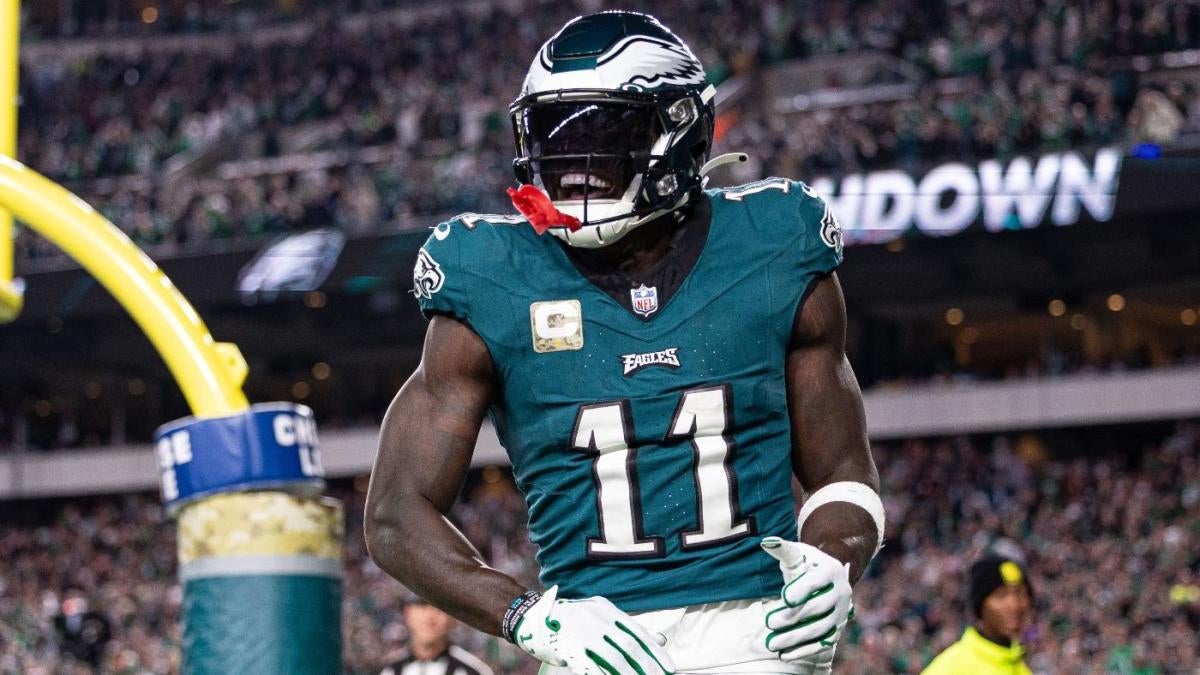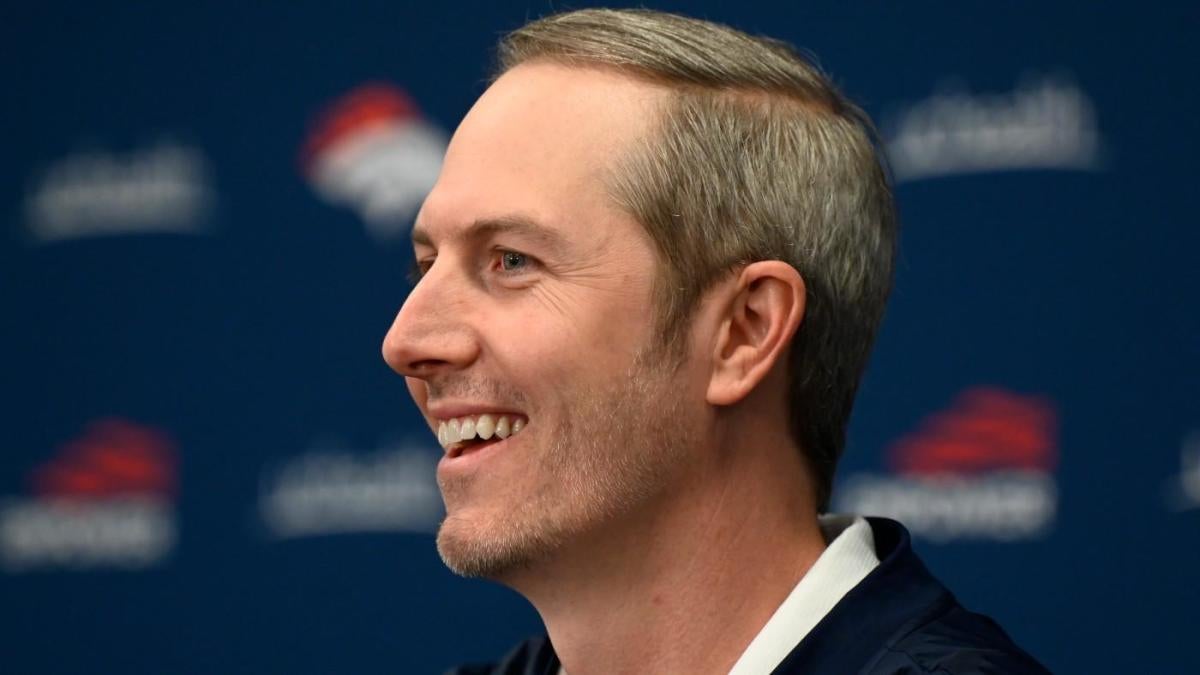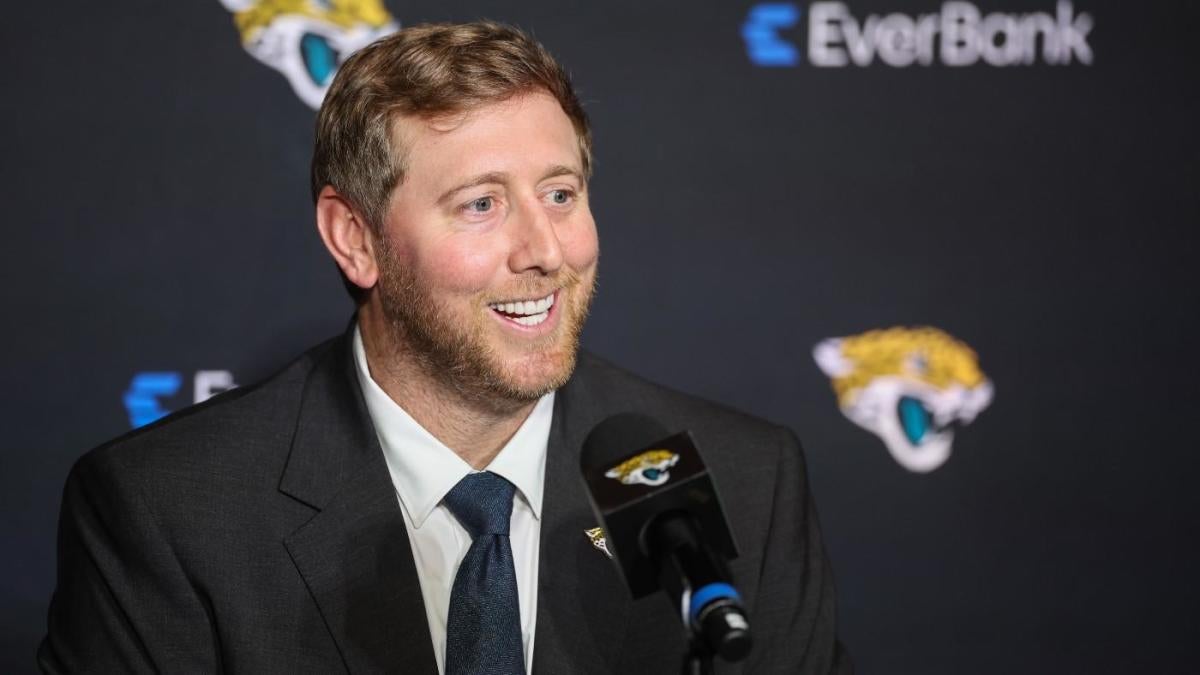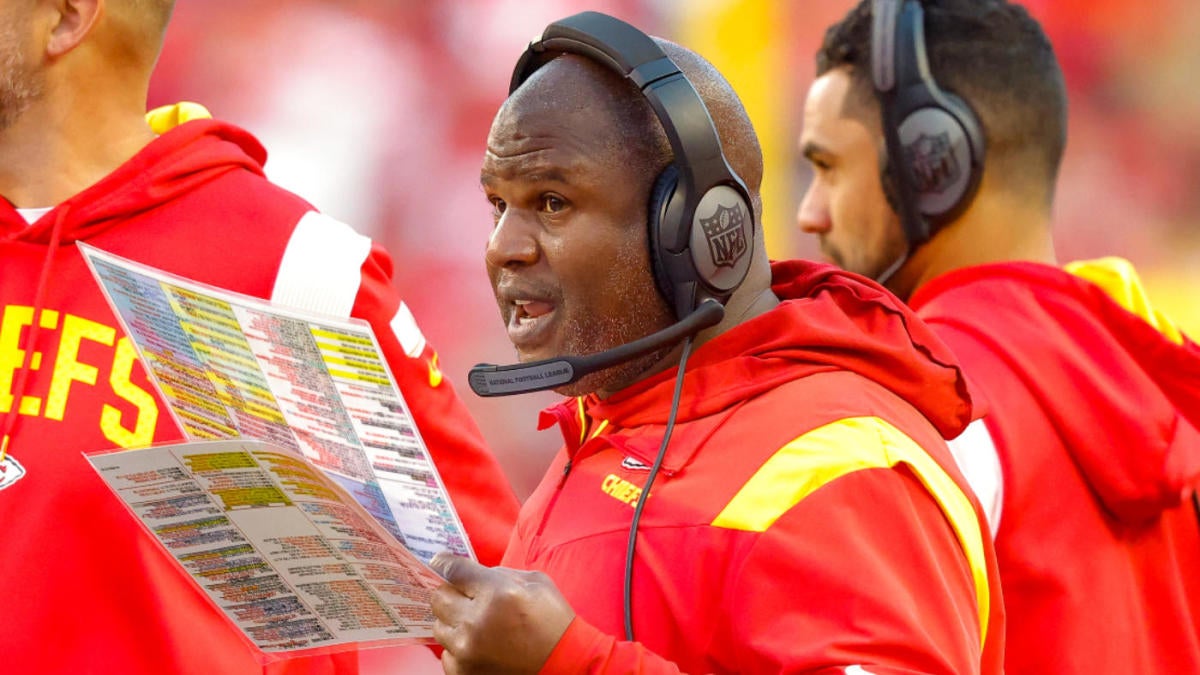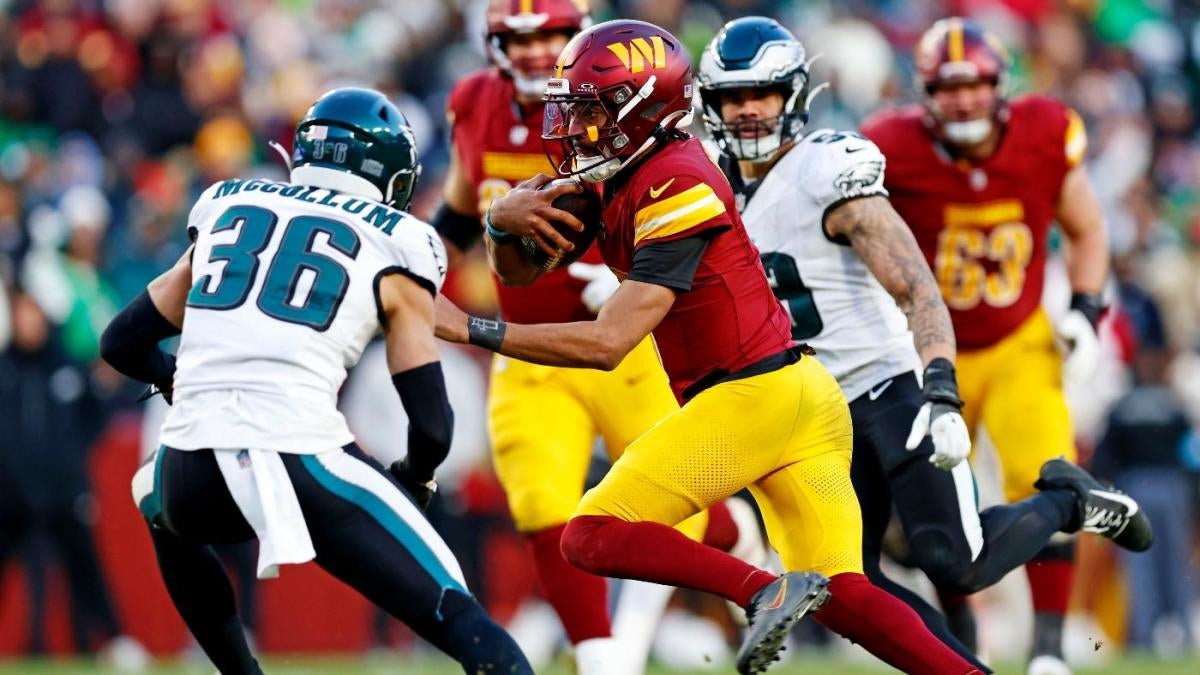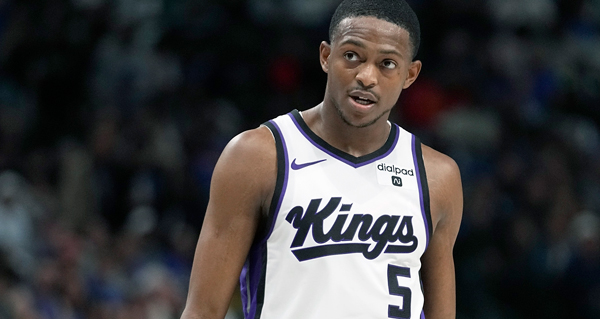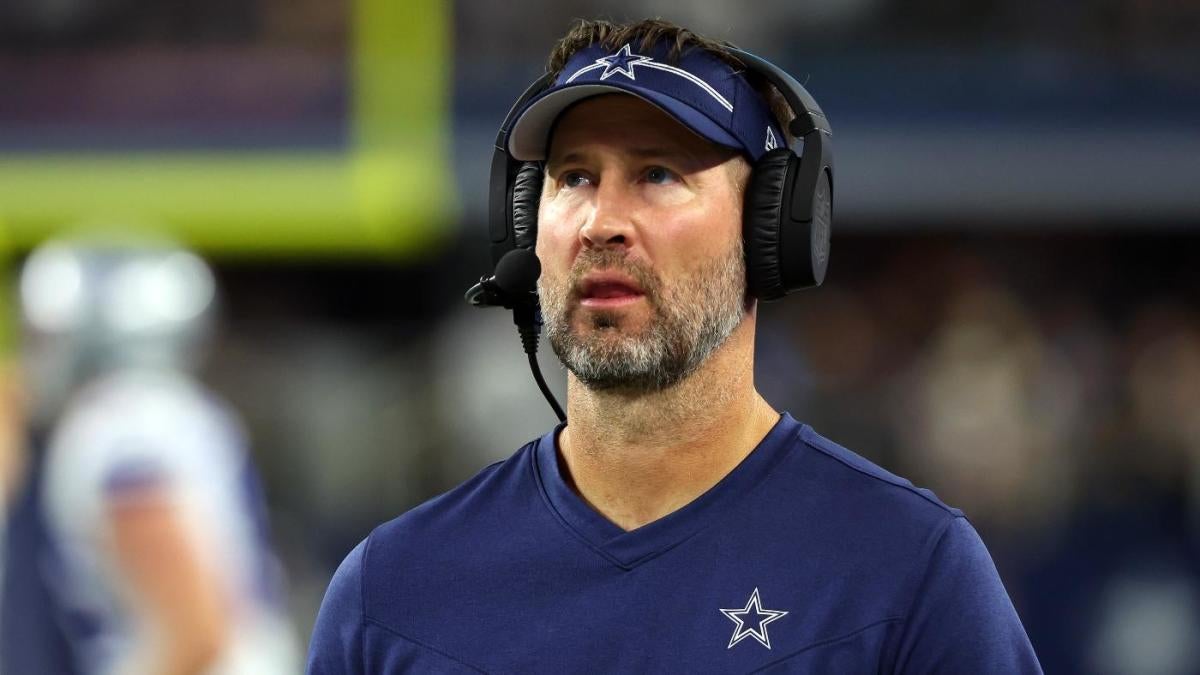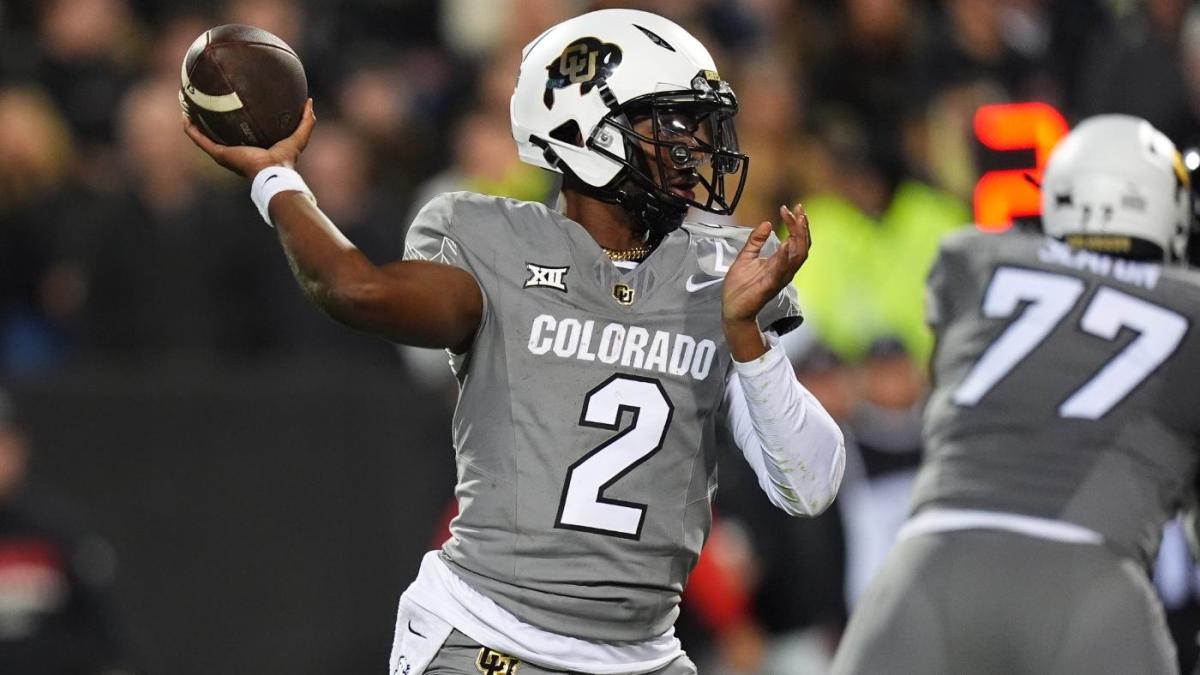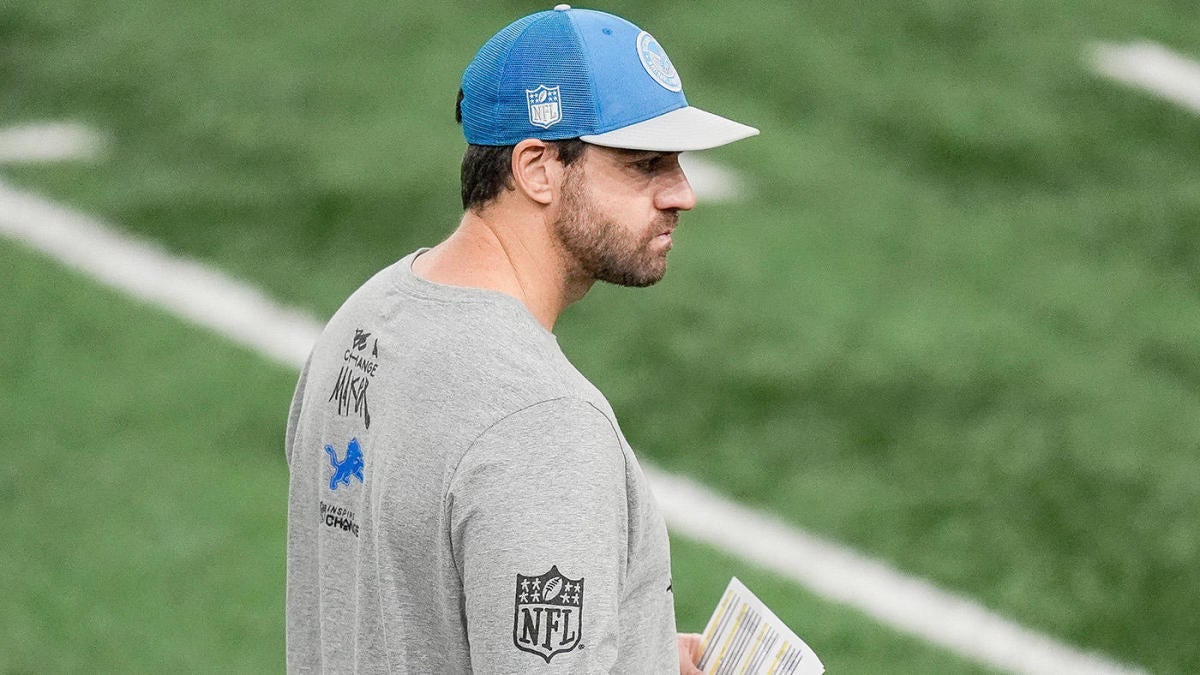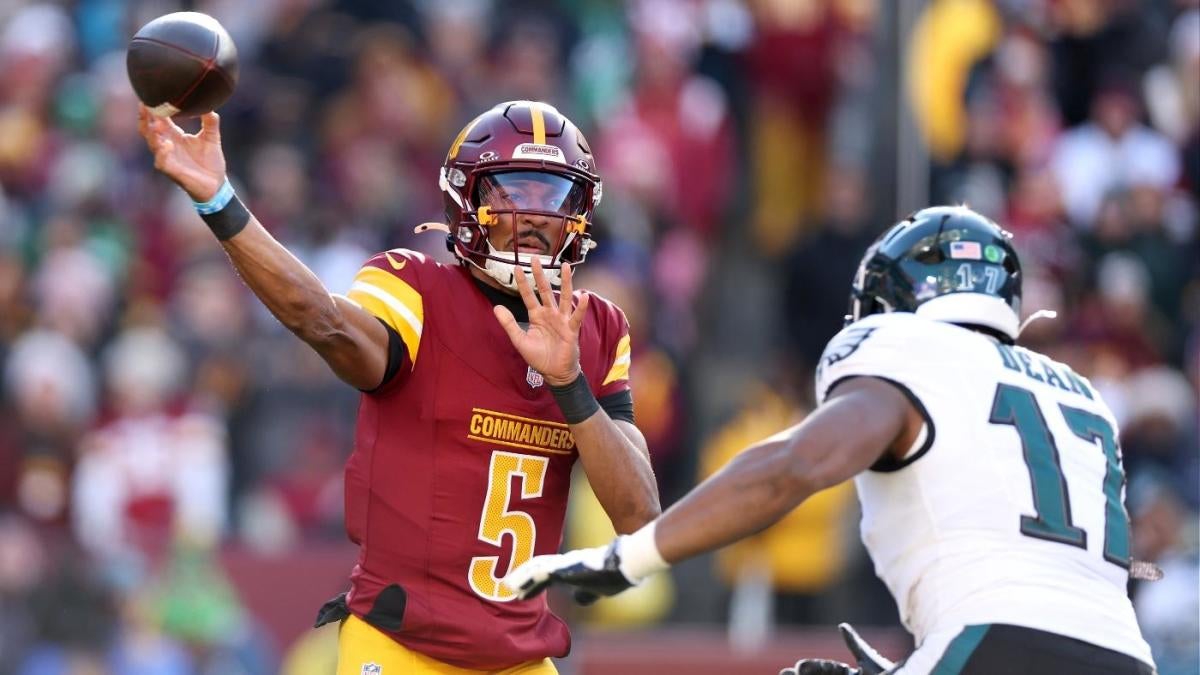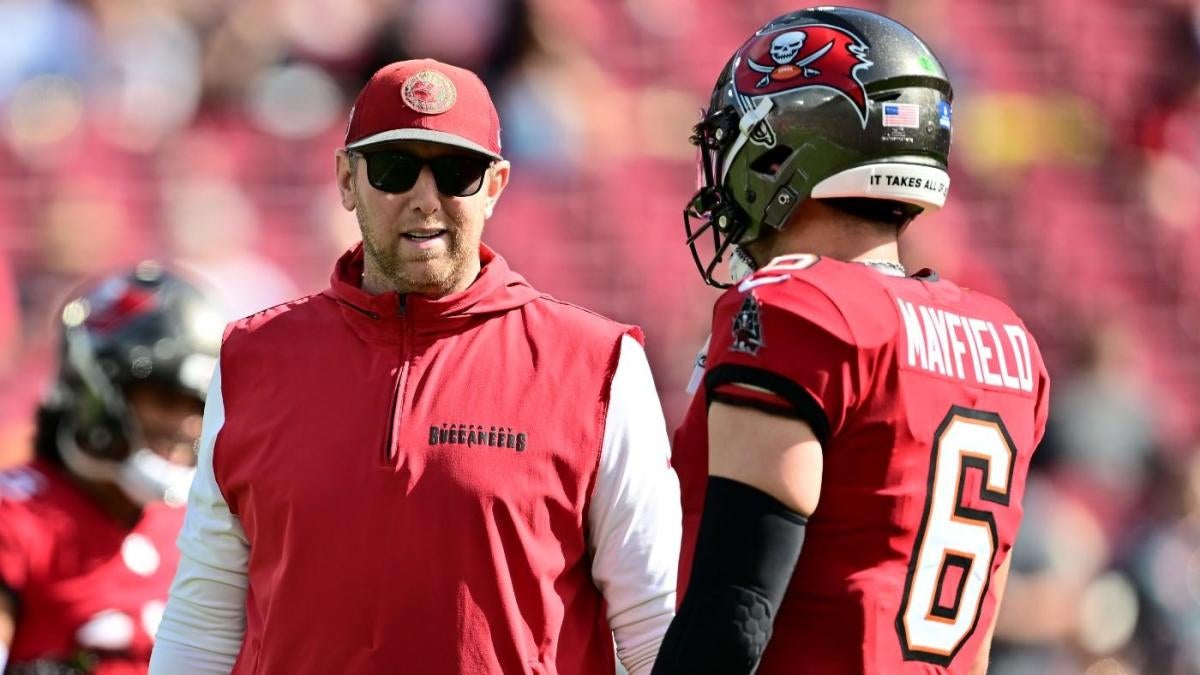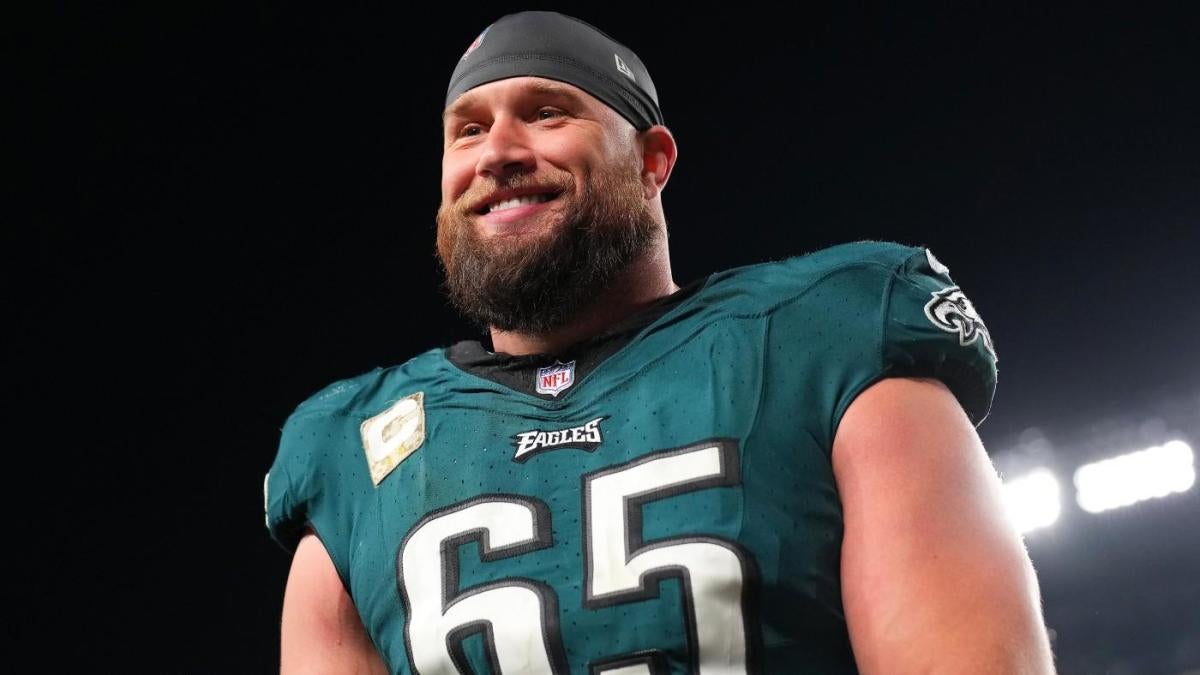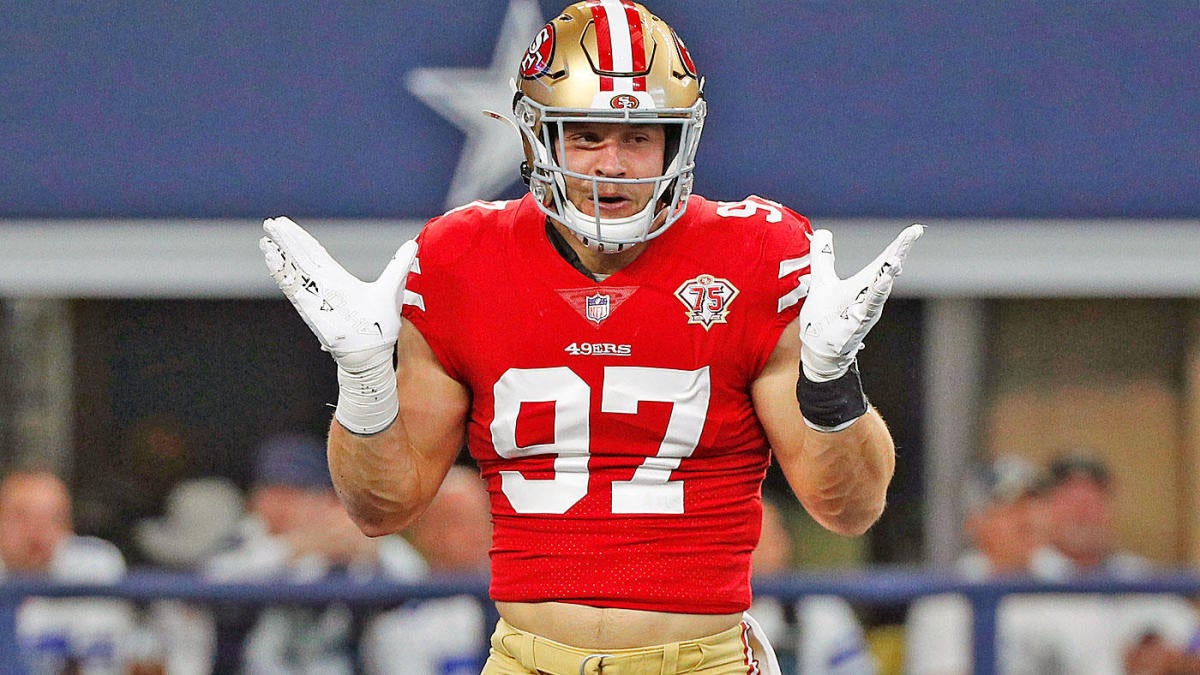
Edge rusher Nick Bosa did not report for the start of 49ers training camp on Tuesday. General manager John Lynch expects Bosa to stay away from the team until he gets a new deal.
Bosa missing training camp because of a contract dispute isn’t a new phenomenon. Chargers edge rusher Joey Bosa, who is Nick’s older brother, engaged in the longest contract dispute for an incoming NFL player under the rookie wage scale in 2016 by missing 31 days before signing.
Bosa can be fined $40,000 for each day he is absent. He is also subject to a fine of 1/18th of his base salary for each preseason game missed because he is in the option year of his rookie contract. Bosa is scheduled to make a fully guaranteed $17.859 million this season with the fifth-year option, so an additional $992,167 is at risk for skipping a preseason contest.
The 49ers have the ability to waive or reduce any fines since Bosa is still on his rookie deal. The daily fine for players on veteran contracts is $50,000 and mandatory.
Bosa is coming off the best season of his four-year NFL career. He led the NFL with a career-high 18.5 sacks in 2022. He was named NFL Defensive Player of the Year because of his efforts.
Lynch characterized Bosa’s deal as complex. He didn’t provide a timeline but indicated that the parties had good lines of communications and are working hard to reach an agreement.
Bosa is represented by WME Sports’ Brian Ayrault, who is a shrewd negotiator that drives a hard bargain. He also represents Bosa’s brother. Ayrault put the older Bosa at the top of defensive player scale in 2020 with a five-year, $135 million contract extension, averaging $27 million per year. The $102 million in overall guarantees and $78 million fully guaranteed at signing were both the most ever in an NFL contract for a non-quarterback.
Average yearly salary
Ayrault is surely looking to do the same for Bosa as he did for his brother by making him the NFL’s highest-paid defensive player. That distinction belongs to Rams interior defensive lineman Aaron Donald. The three-time NFL Defensive Player of the Year signed a three-year, $95 million contract, averaging $31,666,667 per year, last June. Donald is also the league’s highest-paid non-quarterback.
It wouldn’t be surprising if Ayrault has been attempting to make Bosa the league’s first $35 million per year defensive player. The deal he did for Bosa’s brother represented an eight percent increase over the five-year, $125 million extension Browns edge rusher Myles Garrett had just signed to become the league’s first $25 million per year non-quarterback. The same percentage increase over Donald’s deal would mean $34.2 million per year for Bosa.
The rationale for insisting on a bigger percentage increase is Bosa being more accomplished than his brother. Bosa has a league-leading 34 sacks over the last two seasons. The elder Bosa has never won Defensive Player of the Year honors, let alone been named first-team All-Pro by the Associated Press as his younger sibling was last season. The Chargers pass rusher was coming off a 2019 season in which he had 11.5 sacks and was named to his second Pro Bowl in his four NFL seasons when he did his deal.
The 49ers likely don’t have an issue with Bosa resetting his positional market. That would be treating Bosa just like tight end George Kittle and linebacker Fred Warner.
Kittle dramatically reset a stagnant tight end market a couple of weeks after the start of training camp in 2020 with a five-year, $75 million extension, averaging $15 million per year. The deal was 42.86% more than Austin Hooper’s $10.5 million per year contract with the Browns, which topped the tight end market at the time. Kittle’s $40 million in overall guarantees and $30 million fully guaranteed at signing were both the most ever in an NFL contract for a tight end.
Warner was the first off-ball linebacker to hit the $19 million per year mark with the five-year extension he received from the 49ers just before the start of training camp in 2021. His $19.045 million per year was a 5.81% increase over the $18 million per year extension Bobby Wagner signed with the Seahawks in 2019 to set the standard for off-ball linebacker pay.
T.J. Watt’s contract has probably been the most relevant deal in the marketplace to the 49ers. The Steelers edge rusher signed a four-year, $112.011 million extension, averaging $28,002,750 per year, as the start of the 2021 regular season was approaching. Watt’s deal contains a non-quarterback record $80 million fully guaranteed at signing.
The only problem with this approach is an edge rusher is typically at the top of the NFL’s defensive player salary hierarchy. Over the previous 10 years, an edge rusher has been the league’s highest-paid defensive player at the end of eight of the seasons. In chronological order, they are Mario Williams (2013), J.J. Watt (2014), Ndamukong Suh (2015), Von Miller (2016-2017), Khalil Mack (2018-2019), Bosa (2020), Watt (2021) and Donald (2022). Suh and Donald are the only interior defensive linemen.
Working off Donald’s $31,666,667 annual deal seems appropriate because of this convention. The range for a Bosa deal should be between $33.5 million per year and $34.25 million based on Warner’s markup from Wagner and the increase Ayrault got for the elder Bosa over Garrett.
Contract length
The easiest aspect of the deal for the parties to agree upon should be length of contract. Ayrault obviously doesn’t have a problem with a five-year extension since that’s the length of the older Bosa’s contract. Adding five new years is preferred by the 49ers. That’s what was done in Kittle’s and Warner’s cases.
Cash flow
Finding common ground on cash flow could present some challenges. Ayrault negotiated an extremely player friendly structure for the elder Bosa. He surely wants it to be the template with the 49ers. The percentages of new money after each respective new year are outstanding for a five-year extension or straight five-year deal. Bosa is at 31.4%, 47.14%, 64.92% and 81.21% after the first, second, third and fourth new years.
The 49ers won’t want to deviate from what they did with Kittle and Warner. Kittle’s percentages of new money after the first, second, third and fourth new years are 28.93%, 45%, 61.33% and 80%. Warner has 26.99%, 41.19%, 61.67% and 80.83% after each of the respective years.
An equitable thing to do would be for the parties to use the composite for these three deals with Bosa. This would put Bosa at 29.42%, 44.76%, 63.02% and 80.8% after the first, second, third and fourth new years.
Other structural considerations
Bosa should set new benchmarks for overall guarantees and money fully guaranteed at signing for defensive players as well as non-quarterbacks. That would mean eclipsing his brother’s $102 million of overall guarantees and Watt’s $80 million fully guarantees.
Most, if not all, of the money in the first three years (2023 through 2025) will be fully guaranteed at signing. There shouldn’t be any guarantees after 2026. The elder Bosa’s first four contract years equaled his overall guarantee. Ayrault will likely push the 49ers to do the same.
The Kittle and Warner deals suggest that the 49ers will use the signing/option bonus model with Bosa’s extension. An option bonus is essentially an additional signing bonus that’s usually paid in the second or third year of a contract to exercise a later year or years in a deal. Since an option bonus is given the same treatment on the salary cap as signing bonus, it is also prorated or evenly spread out over the life of a contract for a maximum of five years beginning in the year of exercise.
Option bonuses aren’t always as secure as signing bonuses. A non-exercise fee for the same amount as the option bonus is sometimes included in the contract. It usually vests the day after the option exercise period expires if the player hasn’t been released. Fully guaranteed base salaries at signing that void or reduce with exercise of the option minimize or eliminate the risk of the player getting released before the option bonus is due. Having a large fully guaranteed base salary in the year the option is scheduled to be picked up provides a player better protection. Teams usually don’t want to or can’t accommodate such a big cap number, so the cap relief from the reduced base salary and the option bonus because it is prorated are welcomed.
The largest signing a non-quarterback has ever received is Donald’s $40 million in his 2018 extension. Bosa’s brother got a $35 million signing bonus in 2020.
Whether Bosa gets a record signing bonus or equals his brother’s will depend on how much salary cap room the 49ers want to create with his extension. The 49ers currently have just under $10.1 million of 2023 salary cap space, according to NFLPA data. There isn’t a pressing need to create significant cap room with Bosa’s deal although a sizable base salary reduction from his $17.859 million option year salary would do so.
Knowing there would be additional proration from the option bonus if the deal has a signing/option bonus structure will factor in the equation. The 49ers might be more concerned about keeping Bosa’s 2024 cap number low because of a somewhat challenging cap situation next year than the size of the signing bonus. The $269.61 million of 2024 cap commitments, using offseason accounting rules when the top 51 cap figures matter, ranks as the NFL’s seventh most.
There will likely be a dramatic jump in Bosa’s cap numbers beginning in 2025. Fortunately for the 49ers, there should be significant growth in the salary cap by then
Sizable per game roster bonuses in the extension years (2024 through 2028) will likely be a necessity. Large annual game day active roster bonuses are customary with 49ers veteran contracts of any significance. For example, when the 49ers made offensive tackle Trent Williams the NFL’s highest-paid offensive lineman in 2021 free agency, $750,000 of annual per game roster bonuses ($44,117.65 each game) were included in his contract.
The three-year, $71.55 million extension, averaging $23.85 million per year, wide receiver Deebo Samuel signed a few days into training camp last year has the same per game roster bonuses as Williams in each of the three new contract years. Defensive tackle Javon Hargrave is also at $750,000 annually in the four-year, $84 million contract he signed as an unrestricted free agent this year. Kittle and Warner have $500,000 of these game day active roster bonuses in each of their extension years.
The primary benefit of the roster bonuses is they provide the 49ers some financial relief with injuries. The per game amount is only payable if the player is on the active list for that particular game.
Projected contract
Taking the discussed dynamics into consideration, Bosa could get a deal along these lines:
- Length: 5-year extension
- Average yearly salary: $34 million
- New money total: $170 million ($187.859 million over 5 Years)
- Overall contract guarantees: $115 million
- Fully guaranteed at signing: $92.5 million
- First new year cash: $50 million (29.41%)
- First two new years cash: $76.5 million (45%)
- First three new years cash: $106.5 million (62.65%)
- First four new years cash: $137.5 million (80.89%)
Final thoughts
A new Bosa deal seems inevitable. It would be surprising if Bosa wasn’t back in the fold by San Francisco’s first preseason game on Aug. 13. That’s consistent with the timing of Kittle’s deal. He signed his extension on Aug. 15 in 2020.
In the grand scheme of things, it doesn’t really matter when Bosa signs whether it’s tomorrow, the middle of August or early September as long as he doesn’t miss any of the real games. Watt’s deal came down to the wire two years ago. He signed a day before Pittsburgh’s regular-season opener. Watt won NFL Defensive Player of the Year honors after an abnormal preseason spent holding in until his contract was done.
Go to Source
Author: Joel Corry
July 26, 2023 | 1:52 pm
